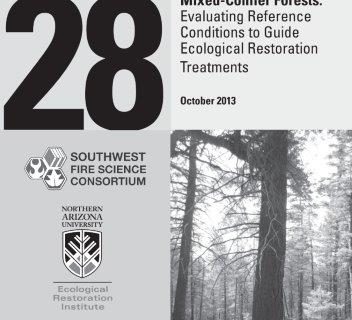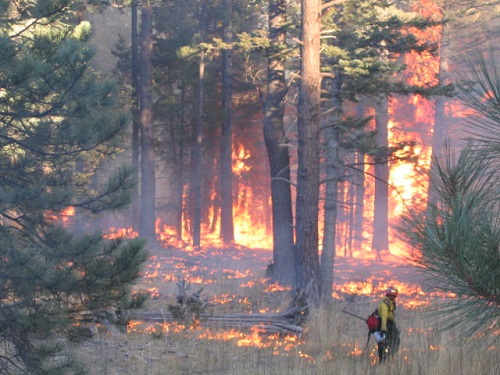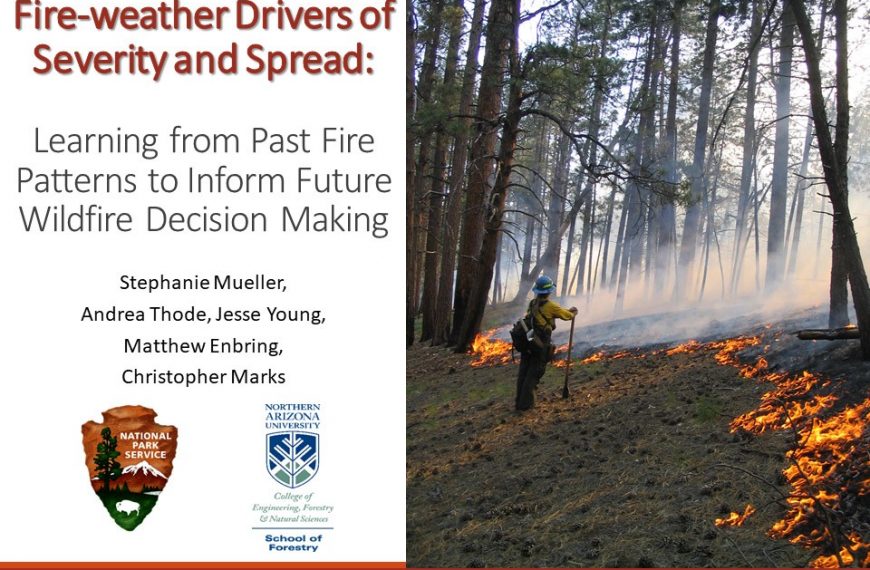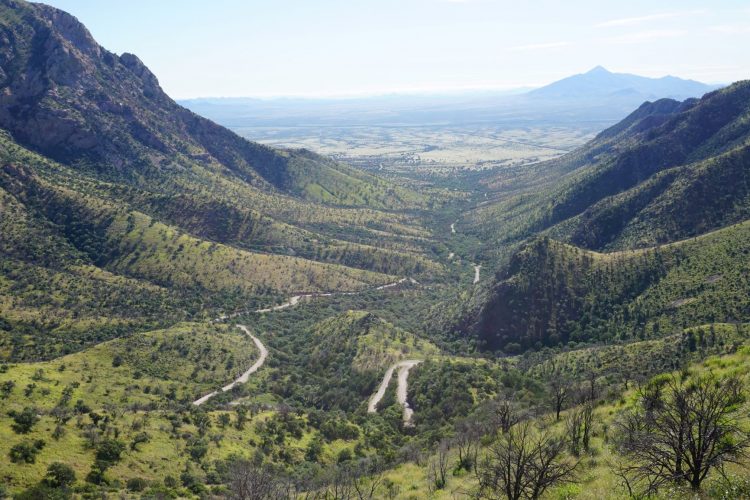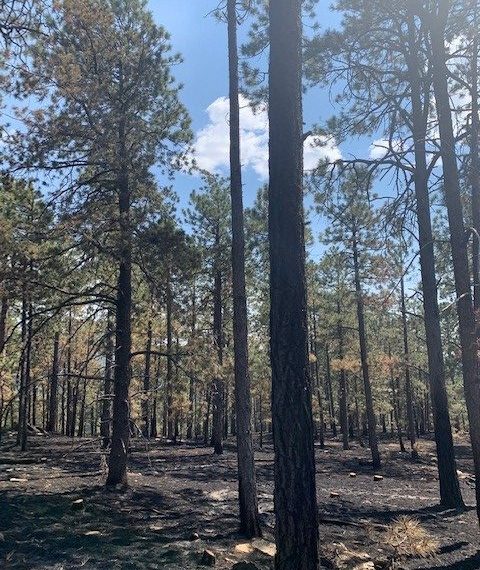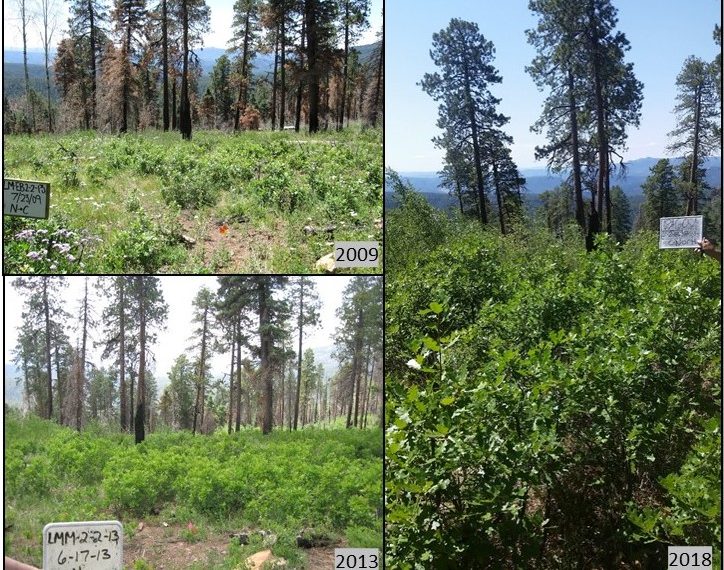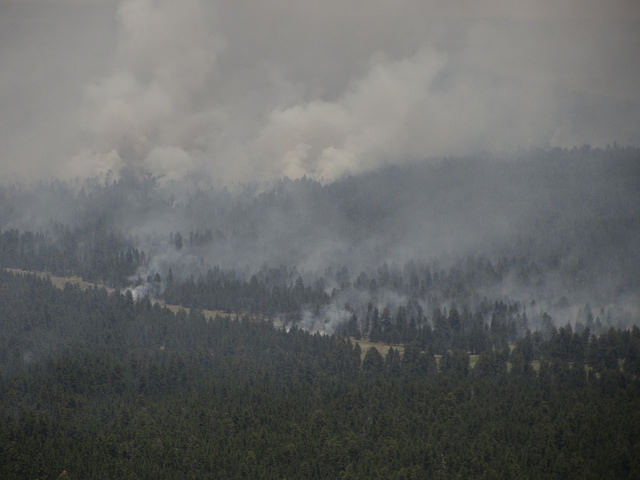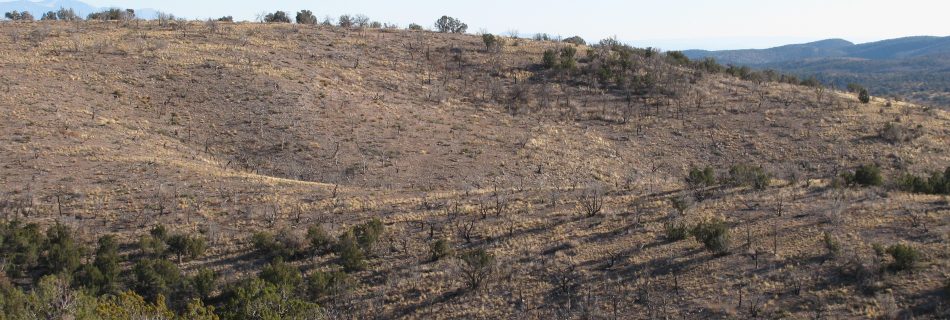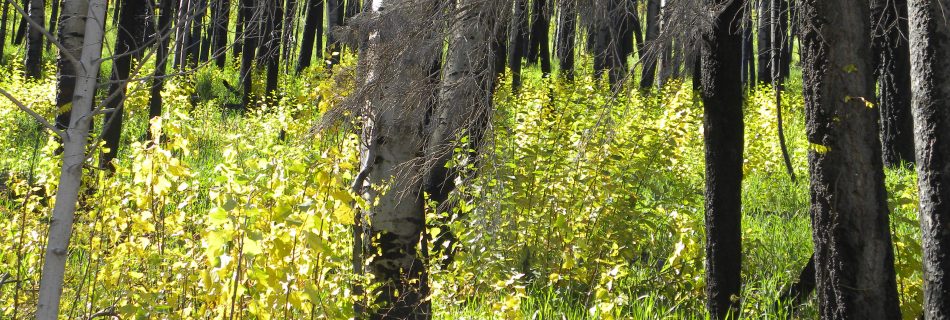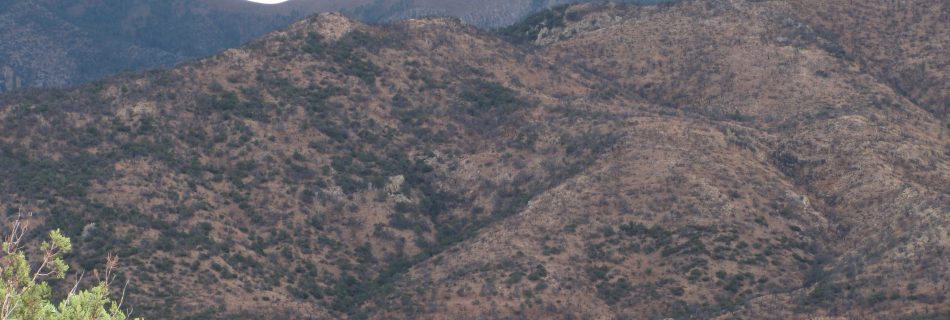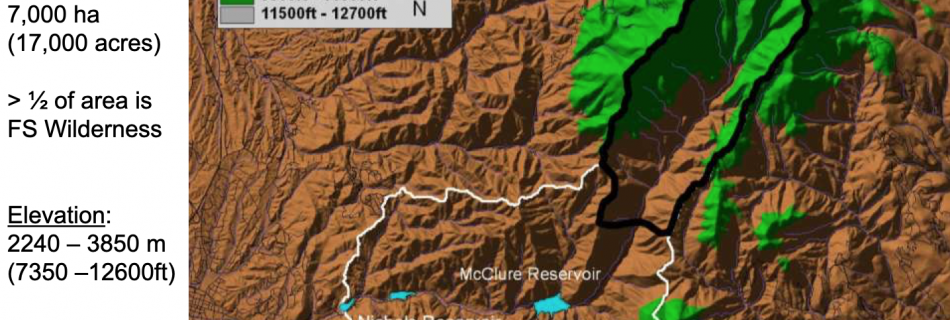Vast stands of ponderosa pine stretch across the Gila National Forest, a testament to the role of fire in this corner of the Southwest. For decades, fire managers on the Gila have been reintroducing fire back on to the landscape. This video introduces some of the people behind the story of fire on the Gila National Forest.
Click here for accompanying “The Fire Laboratory” write up containing more detail.

